As the African Union marks the Day of the African Child, a new report by Human Rights Watch has raised alarm over the state of education financing across the continent. Despite bold promises made by African leaders, many governments are falling short in meeting both global and regional funding benchmarks, undermining efforts to ensure quality, free education for all.
The 2025 theme, “Planning and Budgeting for Children’s Rights: Progress Since 2010,” draws attention to how African countries are allocating resources to children’s welfare, particularly education. Yet, data submitted to UNESCO shows that only one-third of African nations met global education financing targets between 2013 and 2023. This figure dropped to a concerning one-quarter in the past two years.
> “Governments are not translating their commitments into consistent investment in education,” said Mausi Segun, Africa Director at Human Rights Watch.
The global standard—agreed upon by all 54 African UNESCO member states—calls for 4% to 6% of GDP or 15% to 20% of total public expenditure to be devoted to education. Despite being reaffirmed in declarations such as the Incheon Declaration (2015), Kenyatta Declaration, Paris Declaration (2021), and the Fortaleza Declaration (2024), many countries still underinvest.
More recently, the Nouakchott Declaration (2024) urged African states to increase the GDP benchmark upper limit to 7%, yet very few have met or maintained this level.
Unequal Burden on Families
The lack of public investment has shifted the burden onto families. According to World Bank data from 2021, households in Africa fund 27% of total education spending, a figure much higher than the global average. This continues to fuel disparities in access and quality, especially affecting children from low-income families.
Despite calls to eliminate school fees, tuition and hidden charges remain widespread at both the pre-primary and secondary levels. These costs have contributed to over 100 million children and adolescents being out of school, making Africa the region with the highest out-of-school rates globally.
Legal Commitments vs. Reality
While most African countries are signatories to international frameworks that guarantee the right to free education, only 14 countries have fully enacted laws ensuring free access from pre-primary to secondary education. Just three countries—Morocco, Namibia, and Sierra Leone—stand out for both fulfilling legal obligations and meeting global funding benchmarks over the past decade.
Meanwhile, 15 African countries are reportedly spending more on debt servicing than on education, leading to cuts in teacher pay, shortages of learning materials, and overcrowded classrooms.
Human Rights Watch has urged creditors and international financial institutions to consider debt relief or restructuring for African nations, to help protect their ability to invest in education and other essential services.
A Ray of Hope
Sierra Leone, notably, is co-leading a UN Human Rights Council initiative pushing for a new optional protocol to the Convention on the Rights of the Child. The goal is to formally recognize the right to early childhood care and education, and ensure that pre-primary and secondary education is universally free.
Other countries such as Botswana, Burundi, Gambia, Ghana, Malawi, South Africa, and South Sudan have expressed support for this groundbreaking move.
“Governments must urgently protect education budgets from austerity and political neglect,” Segun emphasized. “The future of millions of African children depends on it.”
Editor’s Note:
This article is adapted from a news release originally published by Human Rights Watch on June 16, 2025.


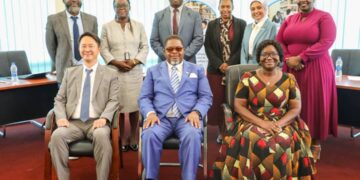


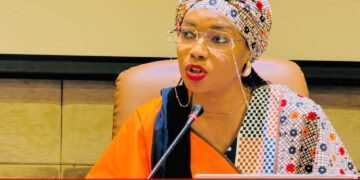
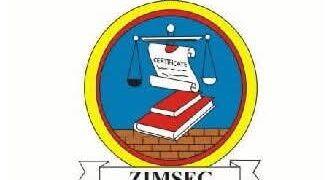
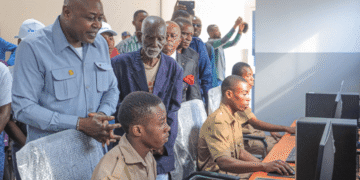



















































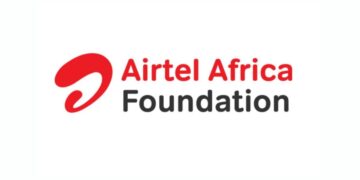



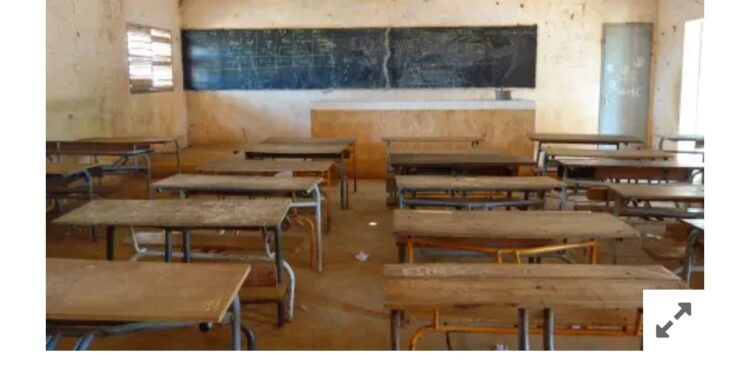




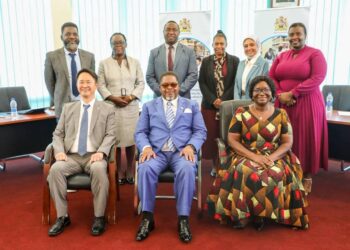
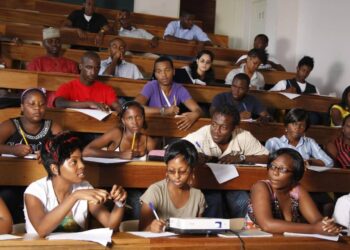

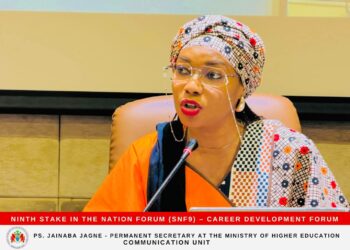
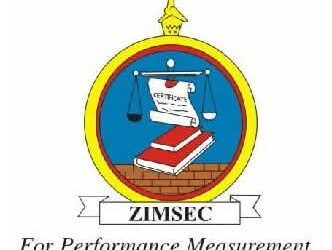
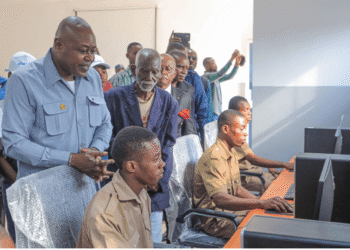










 EduTimes Africa, a product of Education Times Africa, is a magazine publication that aims to lend its support to close the yawning gap in Africa's educational development.
EduTimes Africa, a product of Education Times Africa, is a magazine publication that aims to lend its support to close the yawning gap in Africa's educational development.

